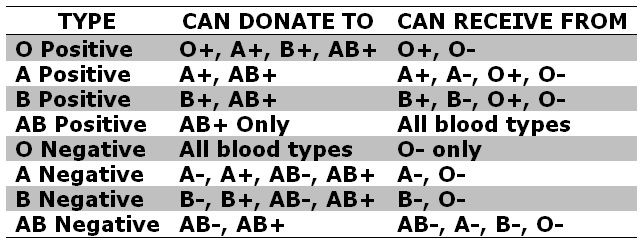
I understand that the Basques may seem strange to people and a bit of a mystery, but linking them to aliens is kind of a stretch. The occurrence of Rh negative blood is so inexplicable that some even see it as originating from extraterrestrials! Since World War II, intervention techniques to save the fetus have been developed, but it is probable that throughout history, the rate of miscarriage and stillborn births among the Basques was extremely high, which may be one of the reasons they remained a small population on a limited amount of land while other populations, especially in Iberia, grew rapidly. Rh negative blood in a pregnant woman can fatally poison a fetus that has positive blood. Twenty-seven percent of Basques have O Rh negative blood. Cro-Magnon theorists point out that other places known to have been occupied by Cro-Magnon man, such as the Atlas Mountains of Morocco and the Canary Islands, also have been found to have a high incidence of Rh negative. Basques were found to have the highest incidence of Rh negative blood of any people in the world, significantly higher than the rest of Europe, even significantly higher than neighboring regions of France and Spain. But then, in 1937, came the discovery of the rhesus factor, more commonly known as Rh positive or Rh negative. With the finding that Irish, Scots, Corsicans, and Cretans also have an unusually high incidence of type O, speculation ran wild that these peoples were somehow related to Basques. Here is what Mark Kurlansky writes on the matter:īasques have the highest concentration of type O in the world - more than 50 percent of the population - with an even higher percentage in remote areas where the language is best preserved, such as Soule. RECOMMENDED 9 Movies Filmed in the Basque Countryīut I find one element that makes the Basques unique to be most interesting, and that is the question of blood type. By contrast, 10% to 25% of non-Basques on the Iberian Peninsula have genomes related to these central European and North African farmers. These ancestors would have become isolated from later waves of migration from central Europe and North Africa around 5,000 years ago, as Basques do not show any genetic ties to those groups. Scientists aren’t sure where the Basques came from, but the latest research speculates that the Basques came from a group of farmers on the Iberian Peninsula that lived between 3,500 and 5,500 years ago.


Linguists have determined Euskara, the Basque language, to be a language isolate, pre-Indo European and unrelated to any other language in the world.


 0 kommentar(er)
0 kommentar(er)
